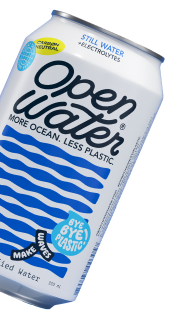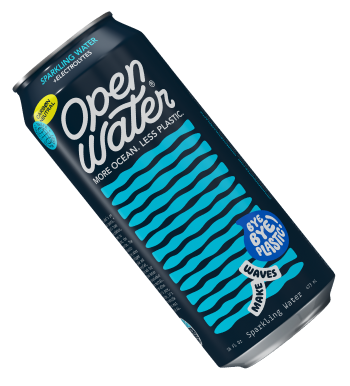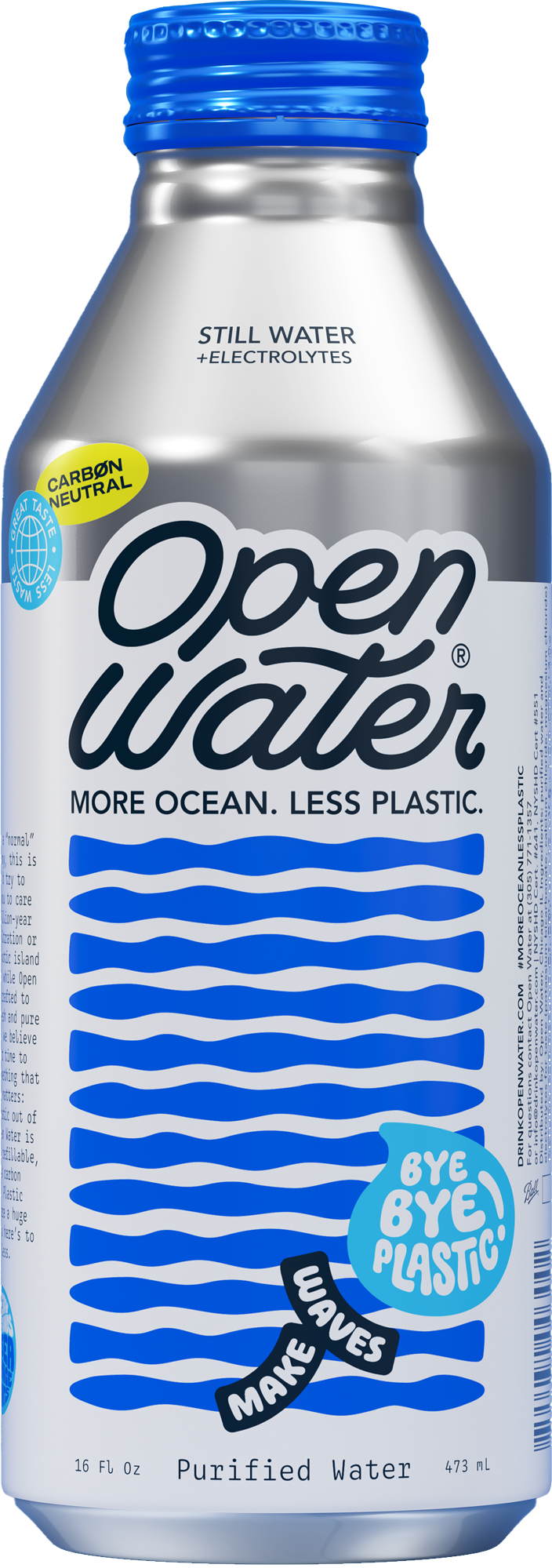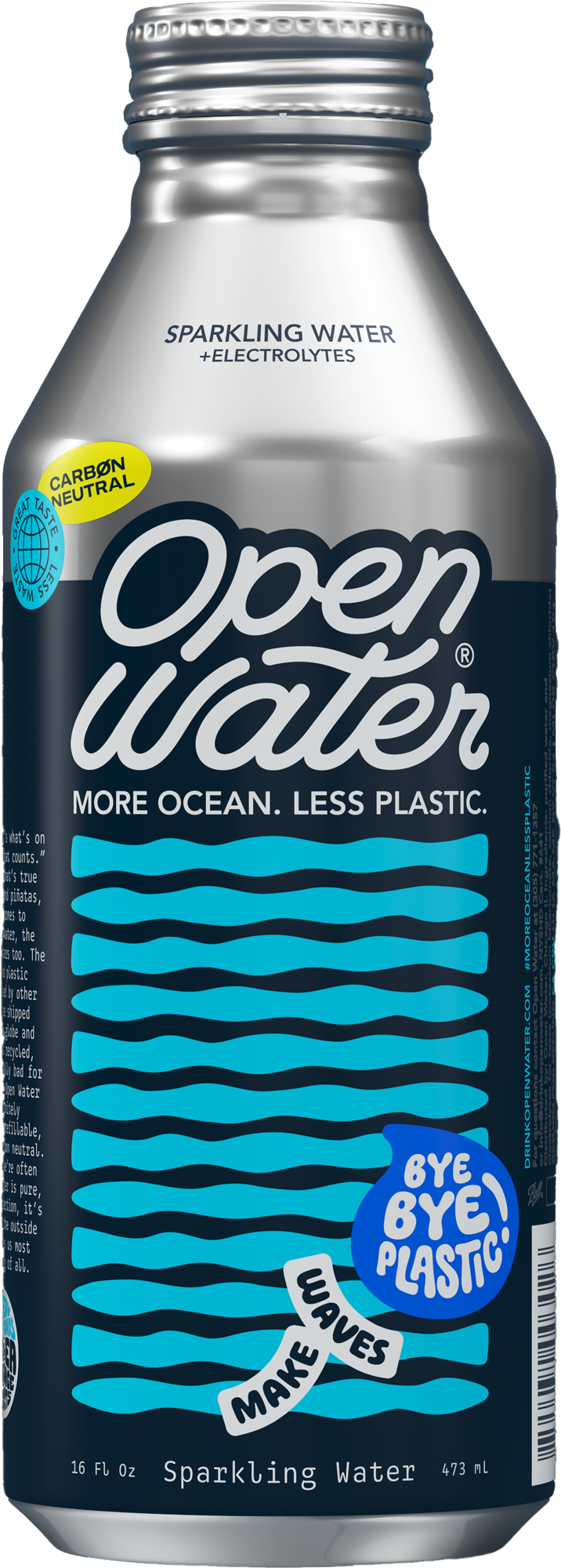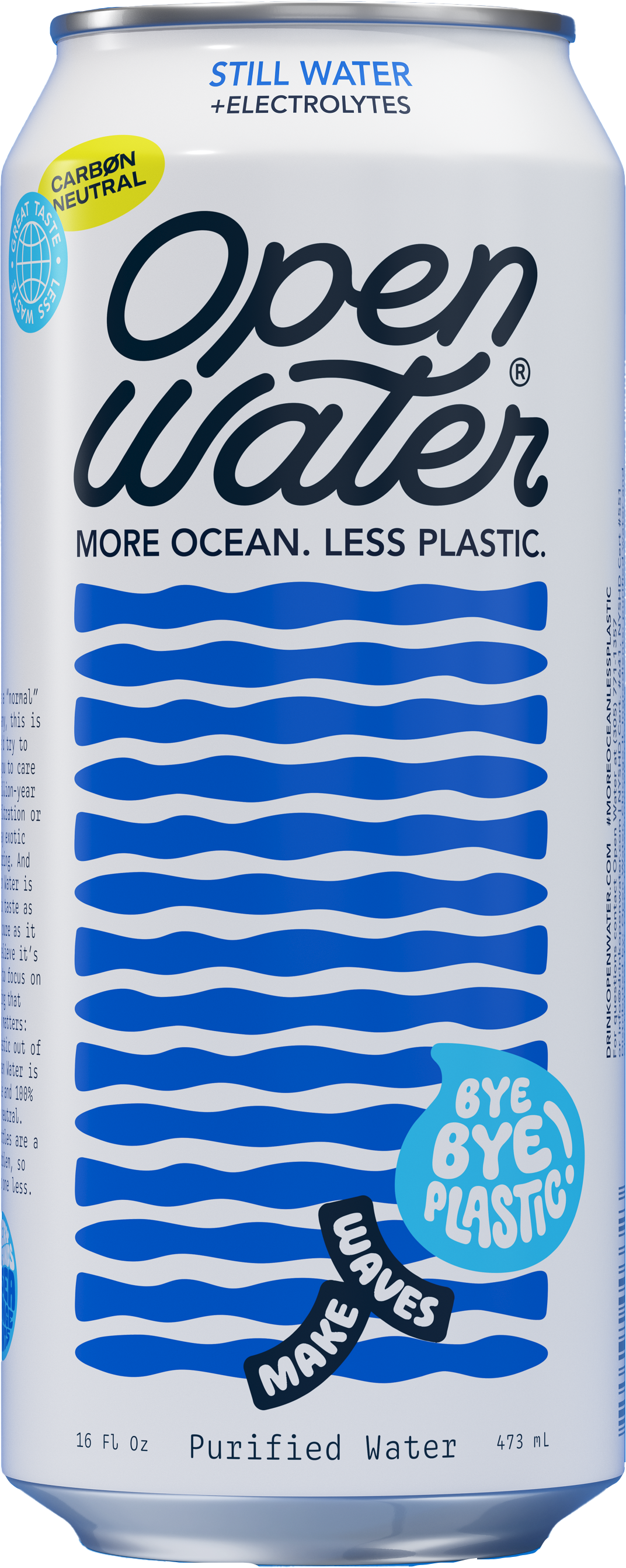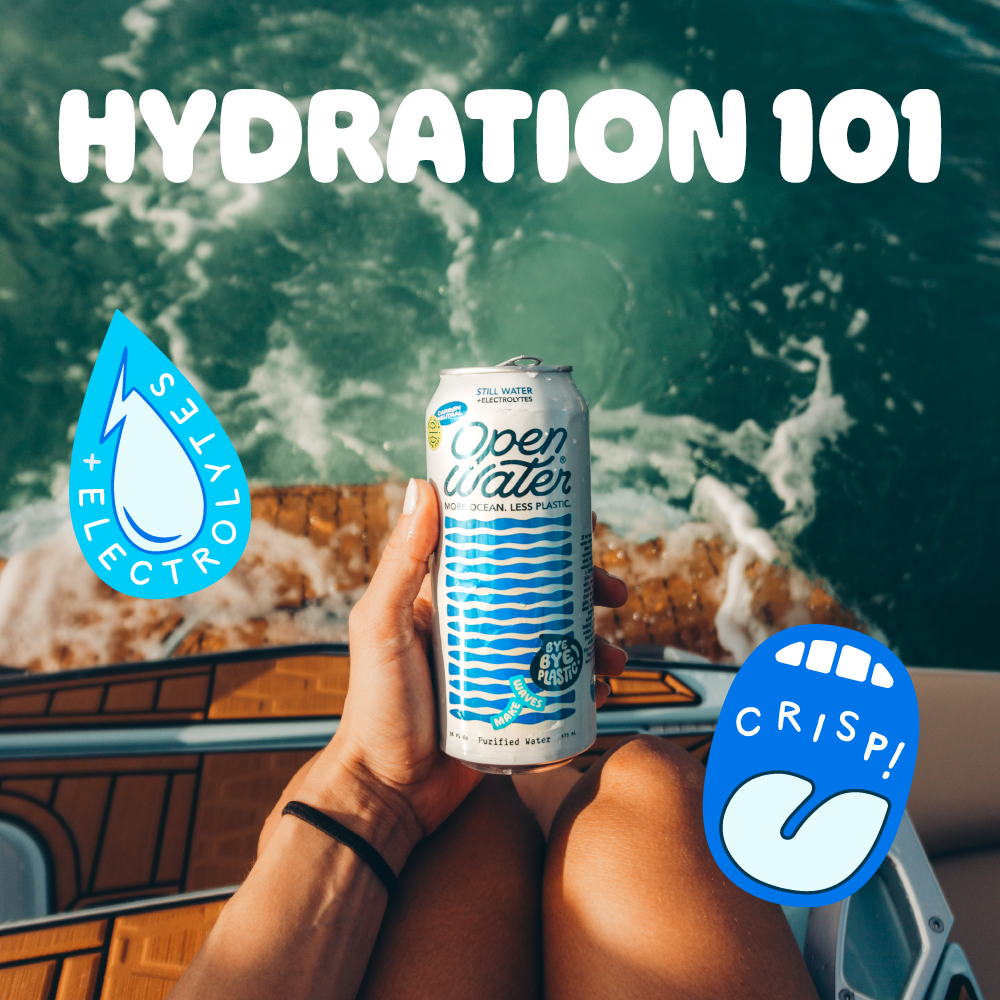Welcome to "The Ultimate Hydration Guide", your go-to resource for understanding the basics of staying hydrated, why it's important, and how to do it right. Whether you're an athlete, a busy professional, or just someone who just wants to feel better every day (pretty sure this is everyone), this guide will provide you with actionable tips and insights to optimize your body’s hydration. Let’s dive in!
WHY HYDRATION MATTERS
Hydration is more than just quenching your thirst. It’s about maintaining a balance in your body. Water accounts for about 60% of your body weight and plays a vital role in nearly every bodily function. From regulating your body temperature to flushing out toxins, hydration is the key to staying healthy and feeling your best.
When you’re adequately hydrated, you’ll notice:
- Improved energy levels
- Better skin health
- Enhanced mental clarity
- Efficient digestion/metabolism
- Improved dental hygiene
- Optimized physical performance
Conversely, dehydration can lead to headaches, fatigue, dry skin, and even serious health complications if left unchecked. That’s why it’s critical to make hydration a daily priority.
HOW MUCH WATER DO YOU REALLY NEED?
There’s no one-size-fits-all answer, but general guidelines suggest drinking about 8 cups (64 ounces) of water daily. However, your water needs can vary based on factors like age, activity level, and climate. For a more personalized approach, consider this simple formula:
Body Weight (lbs) x 0.5 = Daily Water Intake (oz)
For example, if you weigh 160 pounds, aim for 80 ounces of water per day. If you’re active or live in a hot climate, you may need to up that amount to stay properly hydrated.For a more in depth view on how much water you should be drinking, click here.
SIGNS YOU'RE NOT DRINKING ENOUGH WATER
How can you tell if you’re dehydrated? Here are some common symptoms to watch for:
- Dark yellow urine
- Dry mouth or throat
- Fatigue or dizziness
- Dry skin
- Cravings for sugary foods
If you notice any of these signs, it’s time to up your water intake right away. The simplest way to monitor your hydration is to check the color of your urine. Pale yellow typically indicates good hydration, while darker shades mean you need to drink more water.
BEST PRACTICES FOR STAYING HYDRATED
Now that you understand why hydration is important, let’s explore the best ways to stay hydrated throughout the day.
1. Start Your Day with Water
Kickstart your metabolism by drinking a glass of water first thing in the morning. This helps replenish fluids lost overnight and sets a positive tone for the day.
2. Carry a Water with You Throughout the Day
Having water within reach makes it easier to sip throughout the day. Consider investing in a refillable bottle or sign up for a water subscription to ensure you have easy-to-grab water handy.
3. Incorporate Hydrating Foods
Did you know that about 20% of your water intake comes from food? Include hydrating fruits and vegetables like cucumbers, watermelon, and oranges in your meals.
4. Set Reminders
Use apps or set alarms on your phone to remind you to drink water. Building a routine around hydration can help you stay consistent.
5. Limit Dehydrating Drinks
Be mindful of beverages like coffee, alcohol, and sugary sodas that can dehydrate your body. Balance them with extra water if you choose to indulge.
THE ROLE OF ELECTROLYTES IN HYDRATION
Water isn’t the only player in the hydration game. Electrolytes like calcium, sodium, potassium, and magnesium (like the ones found in Open Water!) are essential for maintaining your body’s fluid balance. These minerals help your cells absorb water more effectively and support muscle function and nerve signaling.
When should you focus on electrolytes? If you’re sweating heavily during exercise, recovering from an illness, or spending time in a hot climate, replenishing electrolytes is crucial. Look for natural sources like bananas, coconut water, and spinach, or opt for electrolyte supplements if needed.
MYTHS ABOUT HYDRATION
There’s a lot of misinformation about hydration. Let’s debunk some common myths:
- Myth 1: You only need water when you’re thirsty. By the time you feel thirsty, you’re already mildly dehydrated. Sip water consistently throughout the day to stay ahead.
- Myth 2: Coffee and tea dehydrate you. While these beverages have a mild diuretic effect, they still contribute to your overall fluid intake.
- Myth 3: Clear urine means perfect hydration. While pale yellow urine is a good indicator, excessively clear urine might mean you’re overhydrating, which can dilute essential electrolytes.
SPECIAL CONSIDERATIONS FOR HYDRATION
Athletes:
If you’re an athlete, proper hydration can make or break your performance. During intense exercise, aim to drink water every 15-20 minutes and consider electrolyte-rich drinks for sessions lasting longer than an hour.
Kids and Older Adults:
Children and seniors are more susceptible to dehydration. Encourage regular water breaks for kids, and for older adults, make hydration a part of daily routines, especially if medications contribute to fluid loss.
Travelers:
Flying can dehydrate you quickly due to low cabin humidity. Drink water before, during, and after your flight, and avoid excessive caffeine or alcohol.
Hot Tubs & Saunas:
Relaxing in a hot tub or sauna has health benefits, but if you're spending time in either your body will be sweating more from the hot temps. They can also suppress thirst, making it easy to become dehydrated without noticing.
CHOOSING THE RIGHT WATER FOR YOU
Not all water is created equal, but . Here are some options to consider:
Tap Water: Readily available and affordable, though its quality can vary by location.
Purified Water: Removes impurities while retaining beneficial minerals.
Electrolyte Water: Great for replenishing minerals important for hydration.
CONCLUSION: MAKE HYDRATION A HABIT
Hydration is the foundation of good health, and it doesn’t have to be complicated. By incorporating these tips into your daily routine, you can enjoy the benefits of better energy, improved focus, and overall wellness. Remember, small changes like carrying a water bottle or adding more hydrating foods to your diet can make a big difference.
So, what are you waiting for? Start your hydration journey today and feel the difference it makes in your life. Cheers to good health!
